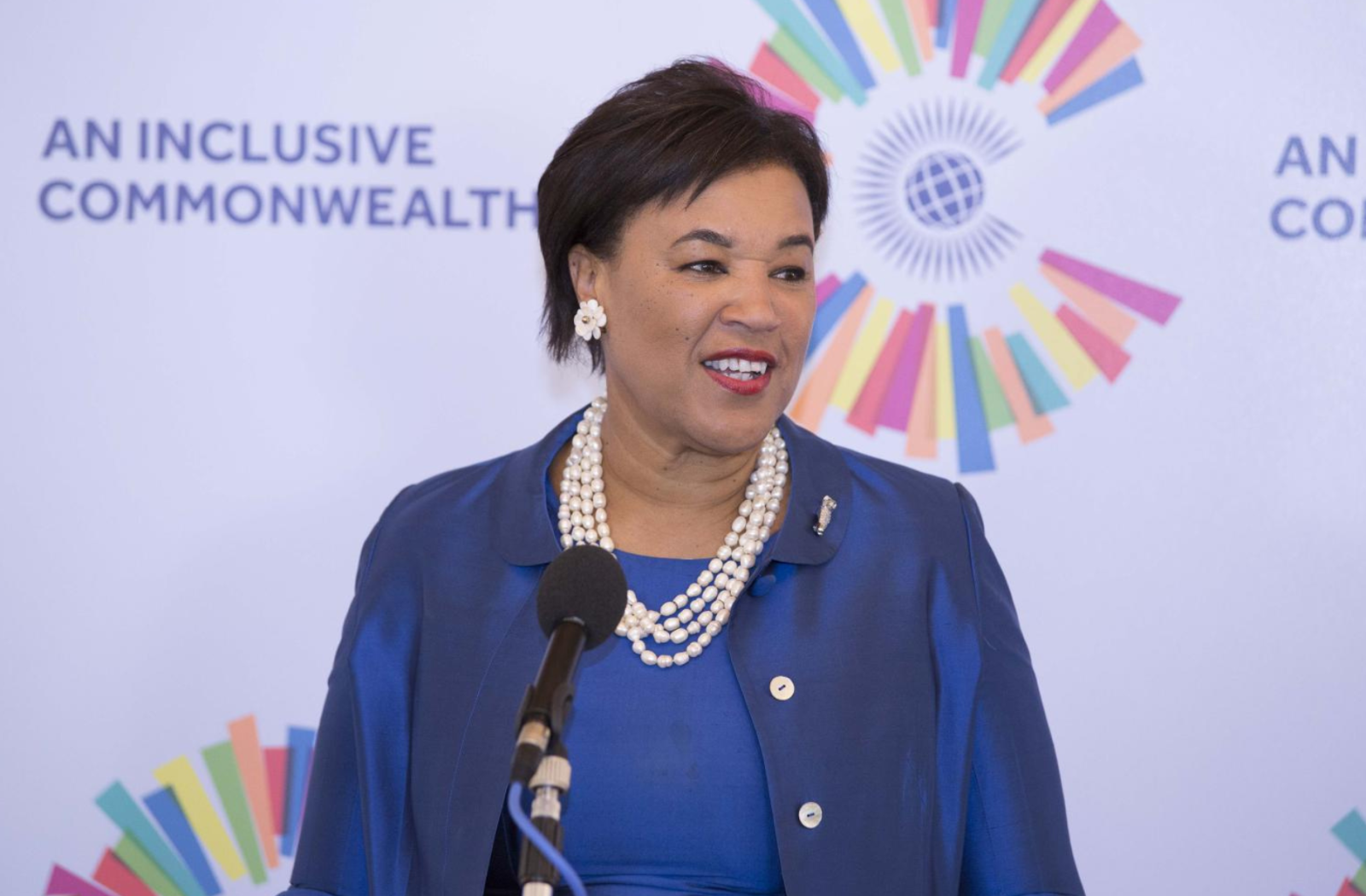BAKU, Azerbaijan, December 25. The COP29 Presidency and Azerbaijan have amplified the voices of Small Island Developing States (SIDS) to a new high level, said Patricia Scotland, Commonwealth Secretary-General, in an exclusive interview with Trend.
Reflecting on the summit in Baku, she described it as both a moment of promise and a profound reality check.
"We are pleased that progress was made," she noted, referencing the tripling of the annual climate finance target to $300 billion by 2035 and the operationalization of the Fund for Responding to Loss and Damage. However, she stressed that, for vulnerable nations, progress remains painfully slow.
"SIDS and Least Developed Countries (LDCs) are on the frontlines of a crisis they had little role in creating. For them, climate negotiations are existential battles. Their voices rang out in Baku, calling not just for commitments but for delivery - and they are right to demand it," she said.
Patricia Scotland highlighted the significance of the first COP Leaders’ Summit for SIDS, organized by the COP29 Presidency and Azerbaijan, which brought their concerns to the forefront. She emphasized that the road to COP30 must focus on renewed energy and sharper action.
Further speaking, the secretary-general reaffirmed the Commonwealth Secretariat’s commitment to increasing climate finance and improving its accessibility.
"Through the work of the Commonwealth Climate Finance Access Hub (CCFAH), we continue to support member countries in accessing the critical funding needed to deliver their National Climate Plans, including Nationally Determined Contributions (NDCs) and National Adaptation Plans (NAPs)," she said.
Patricia Scotland noted that, over the past nine years, CCFAH has raised more than $380 million, with an additional $500 million in progress. She also highlighted President of Azerbaijan Ilham Aliyev's announcement of $10 million to support joint projects with the Commonwealth in SIDS.
"These types of commitments are crucial to enhance climate finance opportunities for SIDS. There is an urgent need for the operationalization and capitalization of the Fund for Responding to Loss and Damage, to name just one priority," she said.
As the discussion turned to cooperation with Azerbaijan and Central Asian countries, Patricia Scotland outlined the key priorities moving forward.
"First, we need to bridge the delivery gap. Promises made must become promises kept. The Commonwealth will continue to work to ensure that financial commitments are not only accessible but transformative, especially for SIDS and LDCs. We know Azerbaijan and the COP29 Presidency are strong supporters of SIDS, and we would like to see that leadership continue," she said.
"Second, we must unleash innovation. From satellite technology to AI, we need to harness the full power of innovation to drive scalable solutions. These tools can empower vulnerable nations to adapt and thrive. The Commonwealth Secretariat and Azercosmos, the Azerbaijan Space Agency, have a memorandum of understanding in place that can significantly expand access to satellite data to address the impacts of climate change," she added.
"Finally, we must foster inclusive leadership. Our Commonwealth Youth Climate Change Network, youth climate negotiators, Collaborative Network on Gender-responsive climate action, and Indigenous Peoples partnerships are not just programmes—they represent the future of climate diplomacy," Patricia Scotland concluded.







